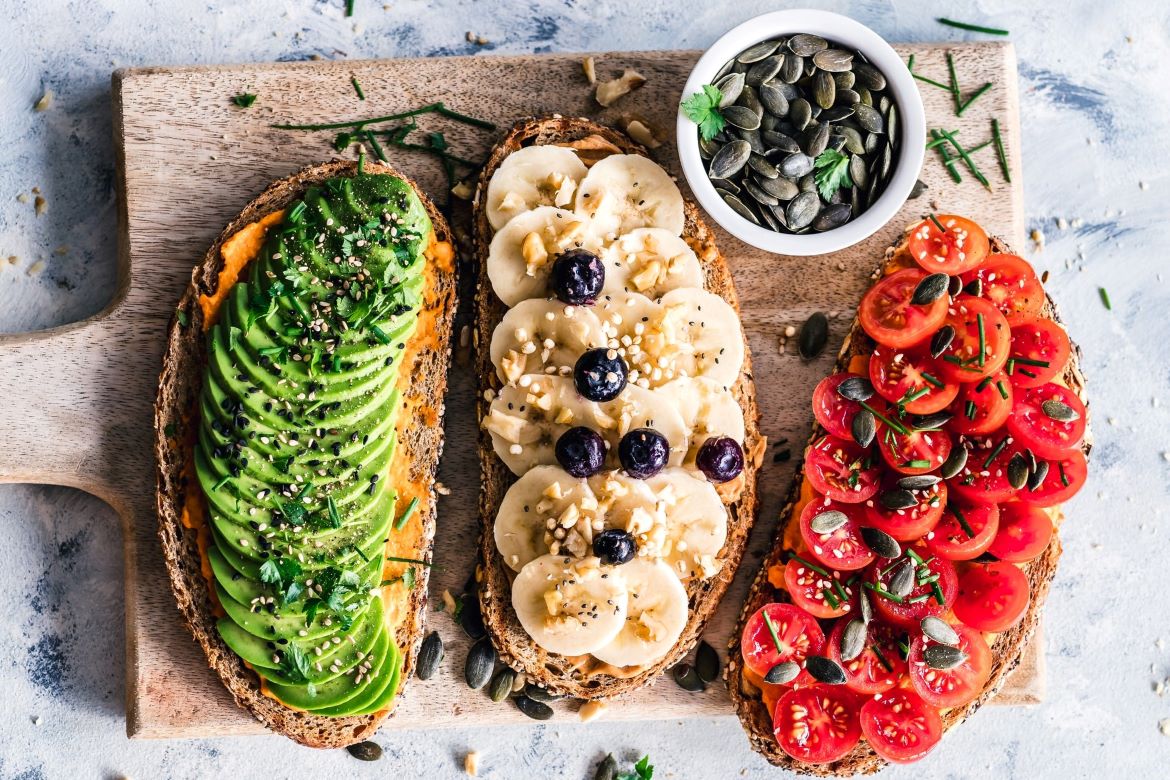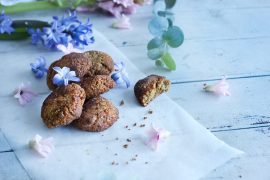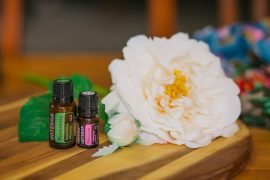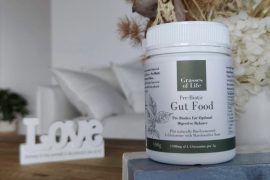By Sofia Potente
Are you vegan or thinking about going plant based?
Eating more plants is always a good thing – but when cutting out food groups, we need to be more intentional to ensure we absorb their essential nutrients and don’t end up with deficiencies.
Here are 3 tips I shared with my vegan client this week who wanted to be sure she was getting adequate nutrition.
1. CONSIDER SUPPLEMENTATION
…in the following nutrients OR ensure you’re getting adequate plant-based sources.
Rotation and variety is key when it comes to a plant based diet.
- Vitamin B12. Food source – nutritional yeast.
- Vitamin D Food source – mushrooms and sunshine!
- Protein. Food sources – lentils & other legumes, oats, quinoa, green peas, kale, tofu, nuts and seeds, vegan protein powder.
- Iron. Food sources – legumes, green leafy veggies, nuts, dried apricots, dates. If supplementing iron, getting a blood test first is a good idea.
- Omega 3 fats. Food sources – flax seeds, chia seeds, avocados, olive oil
- Calcium. Food sources – greens, tahini, almonds, fortified almond or soy milks.
2. OPTIMISE YOUR GUT HEALTH
No matter how well you’re eating, if your gut isn’t functioning optimally, your body won’t be able to absorb the nutrients needed for energy, mood, immune health and tissue repair.
Ensure your gut health and digestion is at its best by chewing well, reducing stress, eating a wholefoods diet and consider a quality digestive enzyme to maximise nutrient absorption.
When the gut is comprised, eating more raw foods and fibrous vegetables can cause stomach upsets or indigestion, so maximising gut function is where it’s at!











